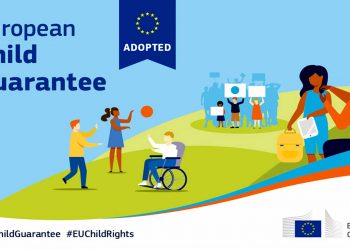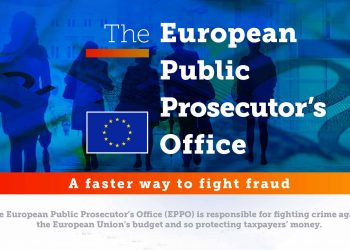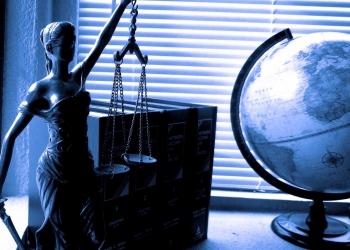The Europe Direct Contact Centre (EDCC) – the EU’s single phone number for citizens – will remain to answer Brexit-related questions. As we are approaching the end of the transition period on 1 January 2021, the Europe Direct Contact Centre (EDCC) will remain at the disposal of citizens, businesses and stakeholders.
EUROPE DIRECT eudebates Brexit
Questions related to the UK Brexit will be treated as a matter of priority. This is part and parcel of the EU’s overall readiness for the end of the transition period. The Contact Centre is available via free phone from all Member States and the United Kingdom (00 800 6 7 8 9 10 11) and by webform.
The EUROPE DIRECT contact centre offers a free telephone and e-mail service. Citizens can use from anywhere in the European Union to find answers to questions they may have about the EU and EU-related issues. Europeans also could find answers about very practical issues related to, for instance, education and mobility.
Call the EU 00 800 6 7 8 9 10 11
Working days 9 a.m. to 6 p.m. Central European Time
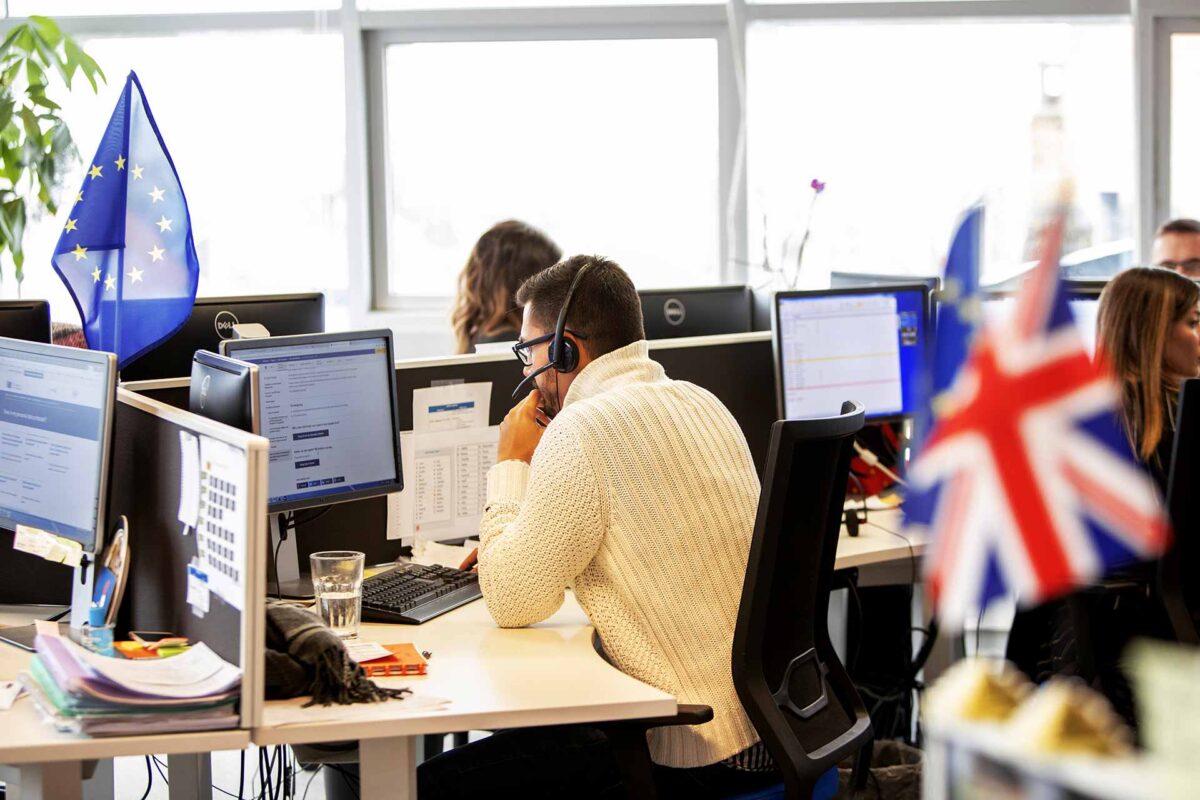
WEBFORM HERE
Type your enquiry by the webform – in any official EU language. Be as detailed as possible and be sure to include your correct contact details. You will usually receive an answer within 3 working days (more complex enquiries may take longer).
This service is provided by Europe Direct. The information delivered by Europe Direct is not legally binding, regardless of how you contact.
The Europe Direct Contact Centre is run by the European Commission. EDCC answer any question from the public about the European Union, via phone or email. EDCC staff includes native speakers of all the EU’s 24 official languages.
Europe Direct Contact Centre can:
- give you an immediate answer to general questions about the EU
- help you navigate on the webpages published by the EU institutions
- find more specialised information. If needed, we ask an expert in the European Commission on your behalf
- give you the contact details for the best sources of further information and advice
- give you information that is factually correct and updated, according to the standards of public civil service. However, EDCC answers are never legally binding.
What Europe Direct Contact Centre can’t do
Unfortunately, Europe Direct is not able to do any of the following:
- register or forward complaints/problems (but EDCC can tell you who to contact)
- comment on EU policies
- give legal advice or interpret EU laws for you
- deal with any matters that are not in the remit of the EU
- help make your political opinions about EU matters known. However, you can comment on specific EU proposals or you can follow EDCC and comment on social media. You can also influence EU policy via the public political debate with your elected representatives at national and European level.
3 main contact instances
Europe Direct Information Centre (EDIC)
- Meet an expert on EU matters
- Ask any questions about the EU
- Discuss the future of the EU with your fellow citizens
- Find references for other information sources and outreach networks
European Documentation Centre (EDC)
- Get official EU publications and documents (online and print)
- Find detailed information on EU law, politics and institutions
- Attend training and outreach events for the academic community
Team Europe
- Network of expert speakers on EU affairs (lawyers, consultants, academics) – if you are planning an EU-focused event in your area.
- The EU has various contact options in each member country.
Here’s my EU number, so call me, maybe?
Single free phone number (00 800 6 7 8 9 10 11) for Europe
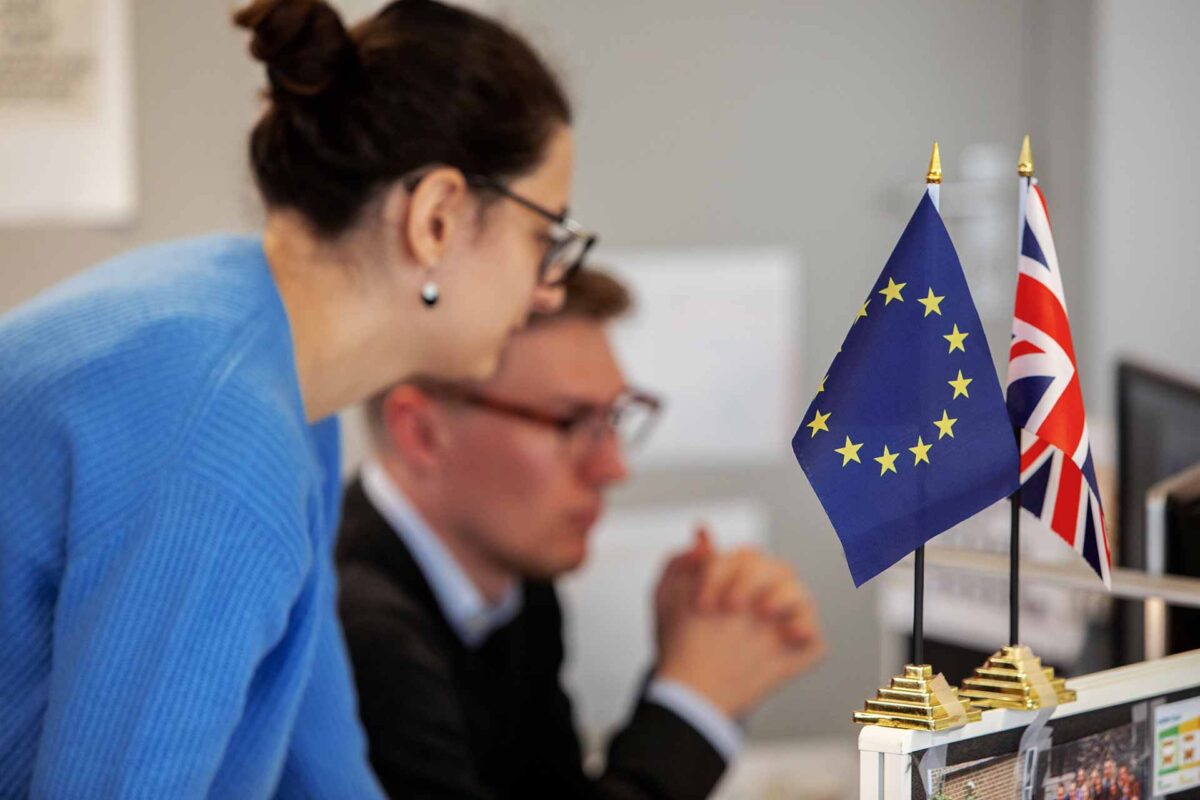
All queries are handled by EUROPE DIRECT‘s multilingual staff of around forty communication agents who are based in Brussels. The EUROPE DIRECT agents undergo an extensive training programme which enables them to adequately deal with a wide range of issues. The service’s performance is monitored on a daily basis by Directorate-General Communication of the European Commission, which also functions as a “back-office”. All these elements combined enable EUROPE DIRECT to operate as a high-quality information service providing personalised answers to citizens’ questions.


